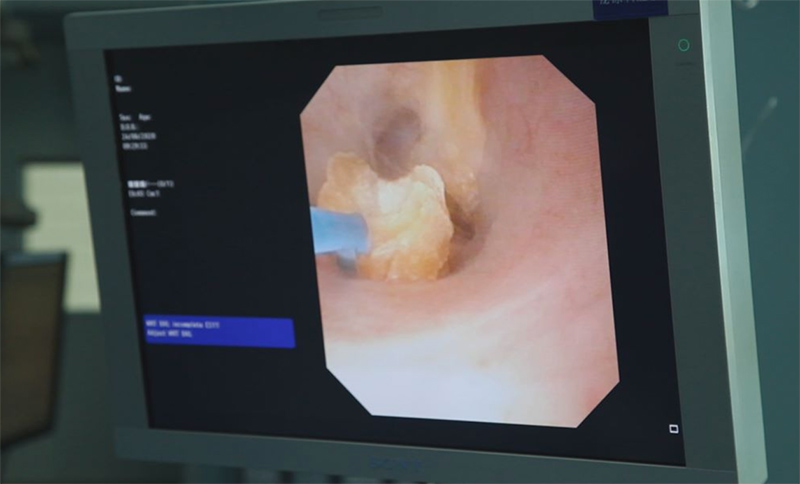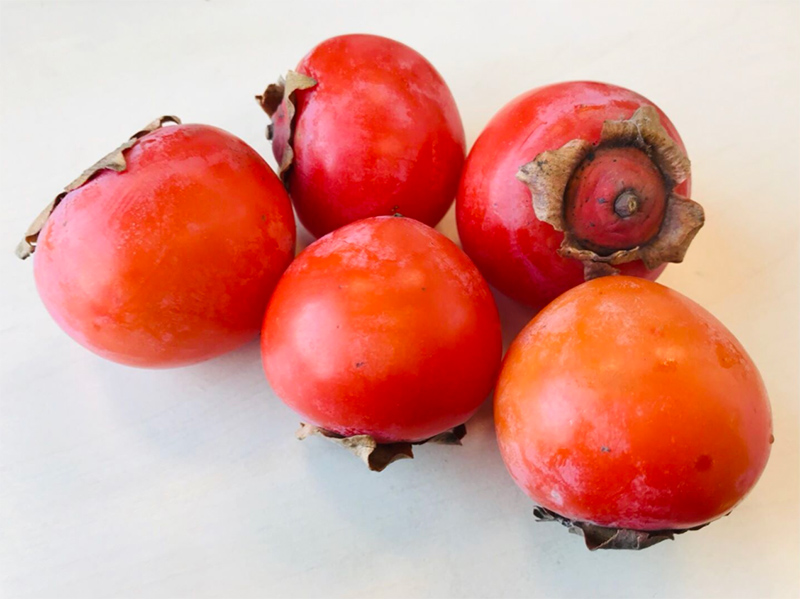Hits:Updated:2022-11-04 08:11:45【Print】
| Physical examination revealed various stones, including kidney stones, gall stones, stomach stones, tooth stones, eye stones, etc. Where did these "stones" come from? In fact, these casual habits in life may promote or accelerate the occurrence of stones, but you did not pay attention to them. 1. Urinary calculi Urinary calculi include renal calculi, ureteral calculi, bladder calculi and urethral calculi, among which the most common are ureteral calculi and renal calculi. The following habits can easily lead to stone formation:  (1) Don't like drinking water If you drink less water for a long time, the urine will be concentrated, and the urine crystal precipitation rate will increase, which will form stones. If the color of urine is yellow, it is recommended to increase the amount of water. It is not recommended to drink coffee and drinks as water. (2) Big fish and big meat People with unhealthy eating habits are at high risk of urinary calculi. For example, eating too salty, eating too much food with high oxalic acid, and eating too much food with high protein and high purine. Eating too much meat, vegetables and fruits every day is one of the causes of urinary calculi. (3) Love beer People who drink alcohol are at high risk of urolithiasis, especially those who drink beer. Metabolic problems will occur, which will lead to increased uric acid, and urolithiasis will occur. (4) Eat too sweet After eating sugar, the concentration of calcium ions in urine, oxalic acid and urine acidity will increase. Calcium and oxalic acid can promote the formation of stones, and the simultaneous increase of these three factors is more likely to form kidney stones. Because of the increase of uric acid, calcium urate and calcium oxalate are easy to precipitate and promote the formation of stones. (5) Long term suffocation Many office workers do not go to the toilet for most of the day when they are busy. Urine stored in the bladder for too long increases the probability of stone formation. 2. Gallstone Most gallstones have no symptoms, and most of them are found accidentally by physical examination. Some people with gallstones will feel a dull pain in the right upper abdomen after eating greasy food, and the pain can radiate to the right shoulder and back, accompanied by nausea, vomiting and abdominal distension. The following habits are easy to cause gallstones: (1) Eating irregularly and healthily Cholelithiasis is mainly related to unhealthy diet. For example: If you don't eat breakfast for a long time and your bile remains stagnant, you may form stones; Only eat meat instead of vegetarianism, and only eat vegetarianism instead of meat, with a single and unbalanced diet; Eat high cholesterol food for a long time, such as butter, egg yolk, animal viscera, roe, pig brain, sheep brain, etc. In addition, rapid weight loss in the short term leads to abnormal cholesterol metabolism, which may also form stones. (2) Emotional depression For example, women in their 40s are stressed, angry, and depressed for a long time. If they can't find an outlet to "discharge the flood" and get angry, they will easily have cholestasis and gallstones. (3) Not fond of sports Many women have little exercise and physical labor. As time goes by, the contractility of their gallbladder muscles will inevitably decline, and the emptying of bile will be delayed, which will easily lead to cholestasis and cholesterol crystallization, creating conditions for the formation of gallstones. It is suggested to do proper exercise 30 minutes after supper, which can promote the peristalsis of gastrointestinal tract, reduce the cholestasis in bile duct, and facilitate food digestion and absorption. 3. Stomach stone Gastric calculus is particularly good at "camouflage". Symptoms such as abdominal distension, abdominal pain, nausea, anorexia, acid regurgitation and heartburn often make people think they are indigestion or chronic gastritis. The following habits are easy to cause stomach stones: (1) Eat plenty of persimmons and hawthorn on an empty stomach When people eat persimmons containing a lot of tannin on an empty stomach, stomach acid will interact with tannin to form stomach stones. In addition to persimmons, fruits such as hawthorn and jujube have relatively high tannin and pectin content, which is more likely to form stones. This does not mean that you cannot eat them, but that you should not eat them on an empty stomach and not eat too much at a time.  4. Eye stone The eye knot stone is like a small yellow white lump the size of broken rice, which is called conjunctival calculus in medicine. Generally, I feel my eyes are dry and "worn out". The following habits are more likely to lead to the formation of eye stones: (1) They love make-up and are not clean enough When making up, particles of eye black, eyeliner and eye shadow will inevitably fall into the eyes. Over a long period of time, they repeatedly stimulate conjunctival tissue inflammation, which is easy to cause stones. In addition, blinking when wearing a beautiful pupil or contact lens will stimulate the eyelid gland to secrete more secretions. Once dust enters the eyes, it will combine with these secretions and form eye stones over time. (2) Loves rubbing eyes, neglects eye hygiene As soon as the child was in tears, he would directly wipe his tears with his hands, which could easily rub dirty things into his eyes. Better wipe your tears with a handkerchief or towel. 5. Dental calculus Dental calculus refers to the deposit of calcium carbonate, calcium phosphate and other substances in saliva combined with food residues in the mouth, resulting in retention in the teeth. The following habits are easy to accelerate the formation of dental calculus: (1) Don't brush your teeth well Brushing teeth is a simple and effective method to prevent the formation of dental calculus. If the dental calculus is very thick and tightly attached, it must be removed with the assistance of a stomatologist. (2) Smoking Smoking can cause anoxia of oral mucosa, which can lead to the accumulation of anaerobic bacteria and candida albicans in the oral cavity, and can also cause calculus deposition and increase the accumulation of food residues. (3) Always chew on one side Chewing food itself has a "self-cleaning" effect. Because there is no food friction on the side of the tooth that is not often chewed, it is more likely to produce dental calculus, and the probability of tooth decay and periodontitis will also increase. |